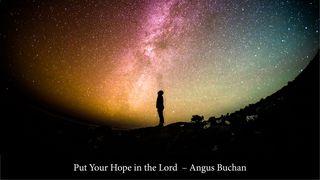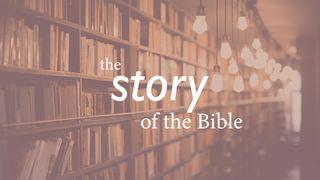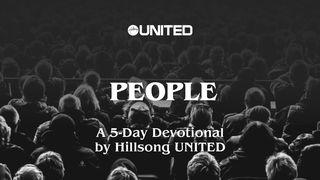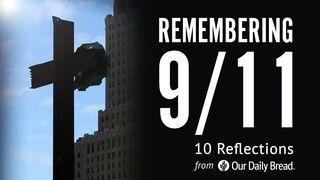Whole Life, Whole Bible: Journey through ScriptureSample
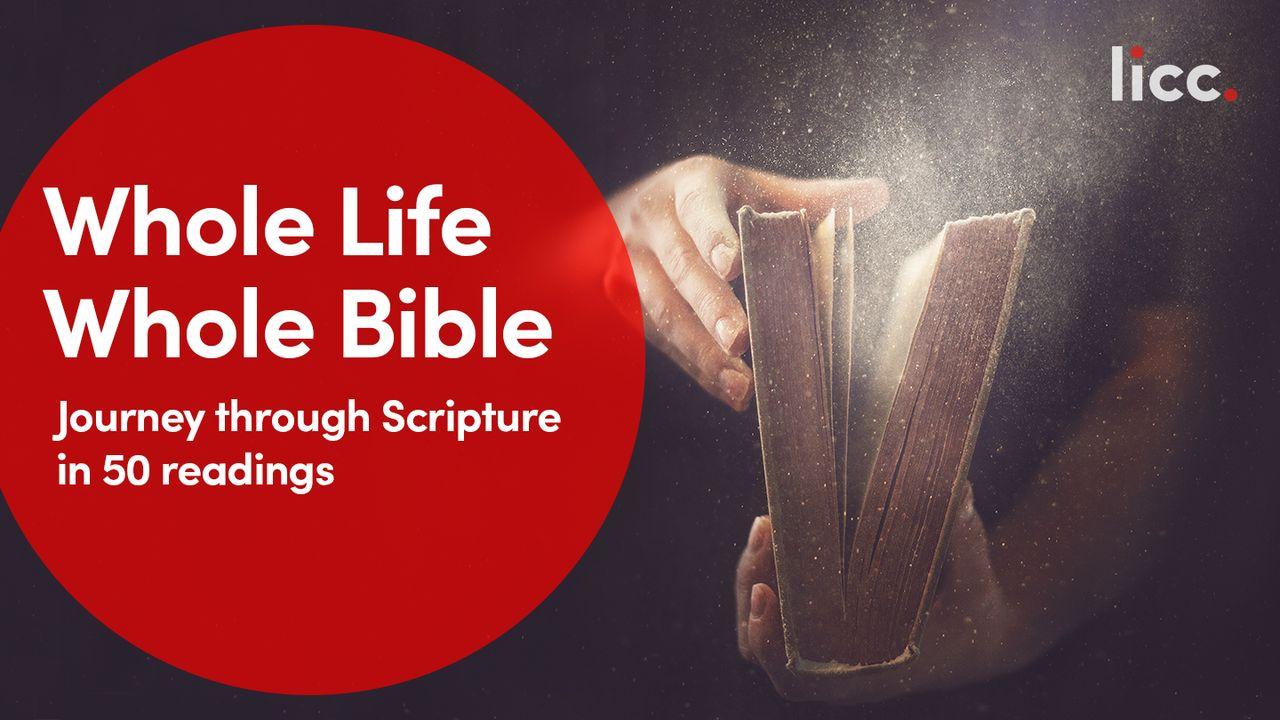

44: Elect and scattered
Peter wrote to the churches of Asia Minor, small fellowships of Jews and Gentiles, and gave them a new and powerful identity, using the titles given by God to the newly formed nation of Israel at Sinai.
As we read the New Testament documents, we can see how the writers were being led by the Holy Spirit into a new understanding of what it means to be God’s people. The life, death, resurrection and ascension of Jesus had taken them into a new age. Now Jew and Gentile together were the church, the redeemed people of God. But this did not mean simply that Gentiles should become Jews, grafted in to all that Judaism entailed — law and regulations for living, temple and sacrifices, land and ethnic identity. Nor did it mean, however, that these elements were swept away and forgotten as a new faith sprang into life.
Now, all the great symbolic identity markers of Israel are pulled into focus, finding their final significance through the cross and resurrection of Jesus Christ. He is our sacrifice (Hebrews 9:11–14); his body is the temple destroyed and rebuilt in three days (John 2:19). Now we, as Christians, are also identified as temples of the Holy Spirit, both individually and together (2 Corinthians 6:16; Ephesians 2:21). Now there is no longer one ethnic group in one geographically outlined land, but new communities of ‘persons from every tribe and language and people and nation’, who have been made ‘to be a kingdom and priests to serve our God’ (Revelation 5:9–10). The whole heritage of Israel, from Abraham through David to John the Baptist, has been transformed into the heritage of his redeemed and chosen people throughout the earth.
The emphasis falls on continuity and fulfilment. Peter, like other New Testament writers, believes that Jesus is Israel’s Messiah and hopes that all Jews will now gather around that Messiah, but he is also aware that God is finally fulfilling his promise to bring the Gentiles into the blessing too.
That blessing gives them the privileges and responsibilities that went with the covenant. Hence, Israel’s call — its identity and role with respect to the world — is now taken up by the church, by every follower of Christ. God’s mission to bless all nations continues to be worked out through us, his chosen people — wherever we may find ourselves ‘scattered’ — placed in the world for the sake of the world.
For further reflection and action
- Many Christians believe that the promises of God to Israel have now come to their final fruition in Christ and in the people of God composed of Jews and Gentiles together in one body. Other Christians believe that God still has a special plan for Israel and that (for instance) the return of Jews to Palestine in the 20th century was part of that plan. Which view do you hold, and why?
- If there are no chosen nations, no ethnicities special to God, and perhaps no land with a particular and unique blessing, but all barriers are broken down and Christians are all one in Christ, what are the implications for our churches? What are the divisions that still affect our lives together?
- In his book The Radical Disciple(IVP, 2010), John Stott writes, ‘I doubt if there is any New Testament text which gives a more varied and balanced account of what it means to be a disciple than 1 Peter 2:1–17.’ Read the passage and reflect on his assessment of its ‘varied and balanced account’.
About this Plan

This 50-day reading plan walks you through the story of the whole Bible, and helps you reflect on how it shapes your whole life – at home, at work, in the neighbourhood. The bite-size readings and real-life application questions help illuminate God’s plan to renew all areas of life. Written by Antony Billington, Helen Parry, and Margaret Killingray, from the London Institute for Contemporary Christianity (LICC). Originally published by BRF.
More

